Join Uni-Tea podcast to explore the ancient wonders of astronomy. This episode reveals the awe-inspiring celestial heritage left by these ancient civilizations. Tune in and unlock the secrets of our ancestors’ astronomical knowledge.


Join Uni-Tea podcast to explore the ancient wonders of astronomy. This episode reveals the awe-inspiring celestial heritage left by these ancient civilizations. Tune in and unlock the secrets of our ancestors’ astronomical knowledge.
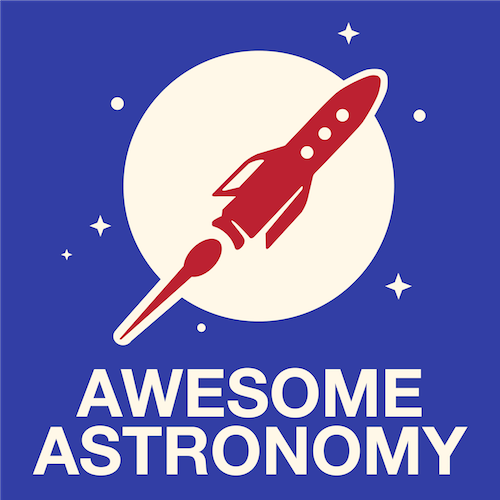
This month we give you a recording of our live panel show from AstroCamp, held in September. The team answer questions and comments from the public about a range of space and astronomy topics.
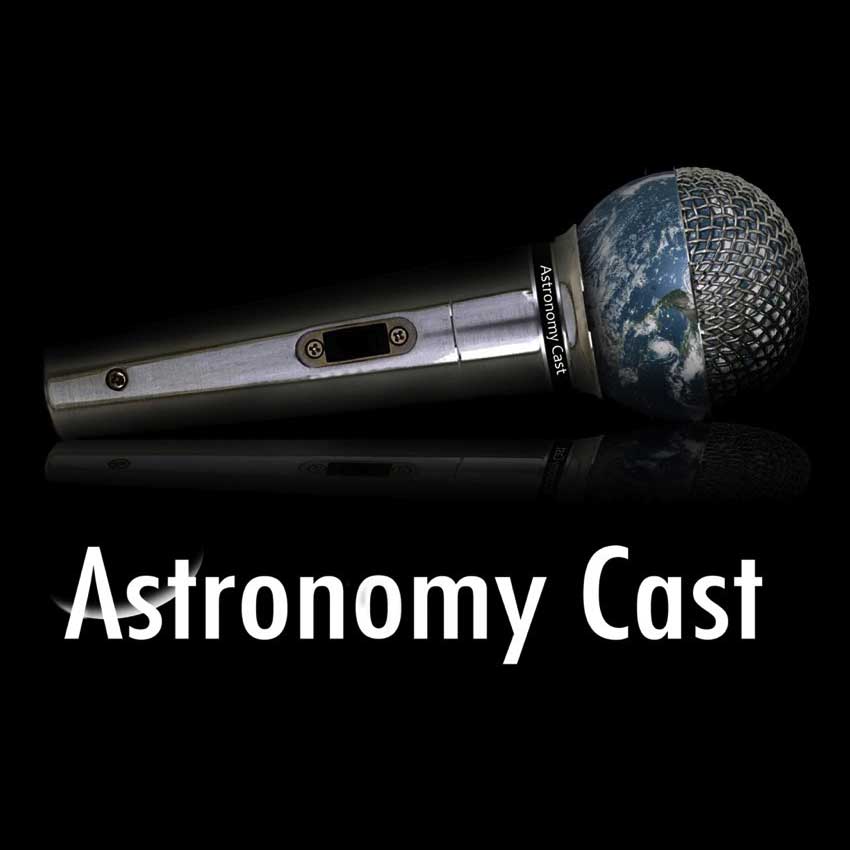
The journey continue as @AstronomyCast discuss about Lunar mission since there are many nations on the Moon, near the Moon, around the Moon, traveling to the Moon. It’s a lot. We’ll talk about it today.
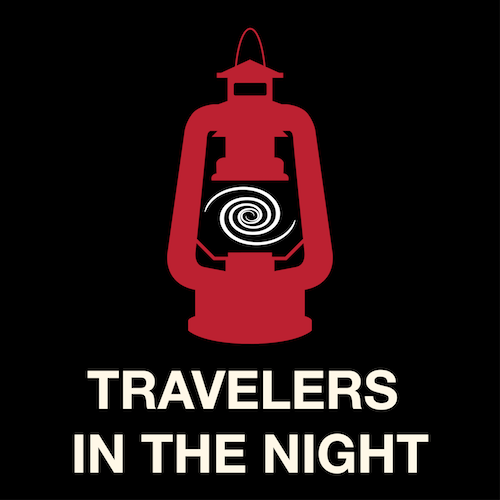
To night Travelers in the Sky tell you.a story about the developing equipment and skills to predict the impact of tiny space rocks. Also the discovery of very close approaching asteroids.
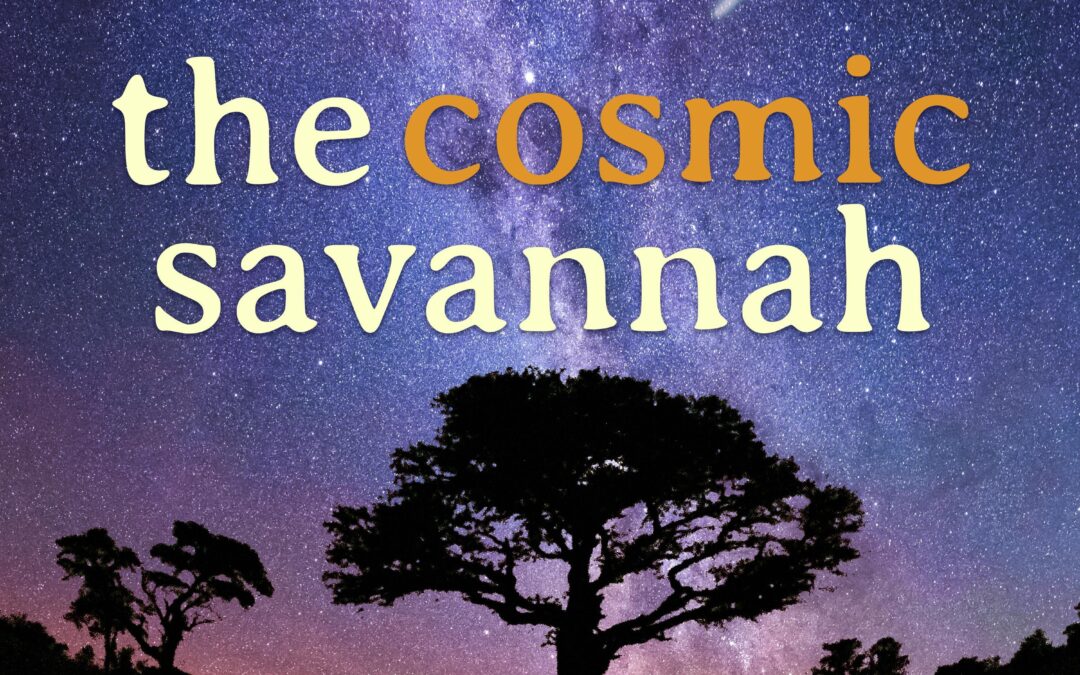
In celebration of our 50th episode, we are joined by a titan of astronomy, Dr. Bernie Fanaroff, who speaks with us about his illustrious career and his vision for the future of astronomy in Africa.

Today EVSN discuss more about meteors – including the source of the Geminids meteor shower, asteroid Phaethon – as well as hot planets, hungry black holes, and how we’re working to uncover the identity of dark matter
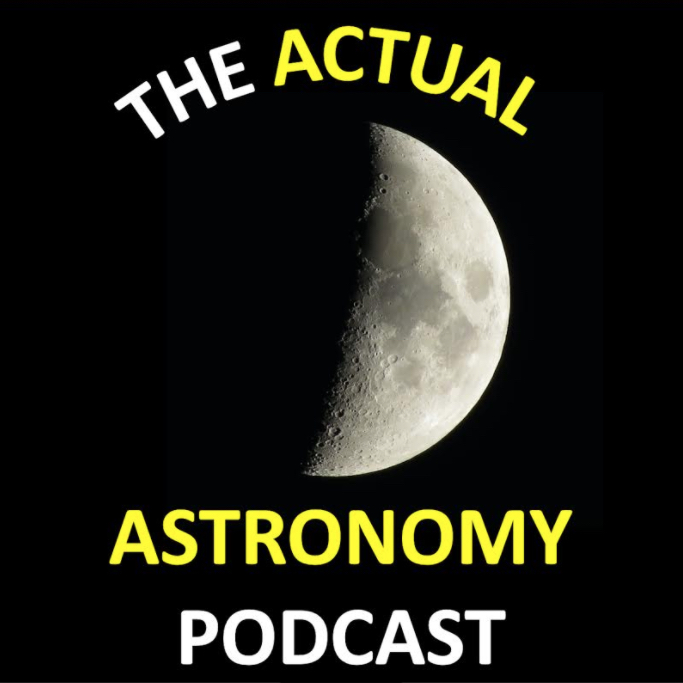
This week @ActualAstronomy discuss about the most interesting and prominent navigation stars for visual astronomy as well as some of the history, mythology and other cultural perspectives on the stars we see in the autumn sky.

Researchers looked at lensed galaxy systems, searched for nearby analogs to those distant systems, and found that in general, the systems showed signs of bingeing star formation and then quiet lulls.

Kepler-22b is one of the first exoplanets confirmed by the Kepler Space Telescope that resides in the habitable zone.

Our journey through space missions continues. Now we move away from the Earth to the rest of the solar system. What’s out there orbiting, roving and flying on other worlds and in interplanetary space. Today we look inward and we’ll talk about the missions studying the Sun, Mercury and Venus.